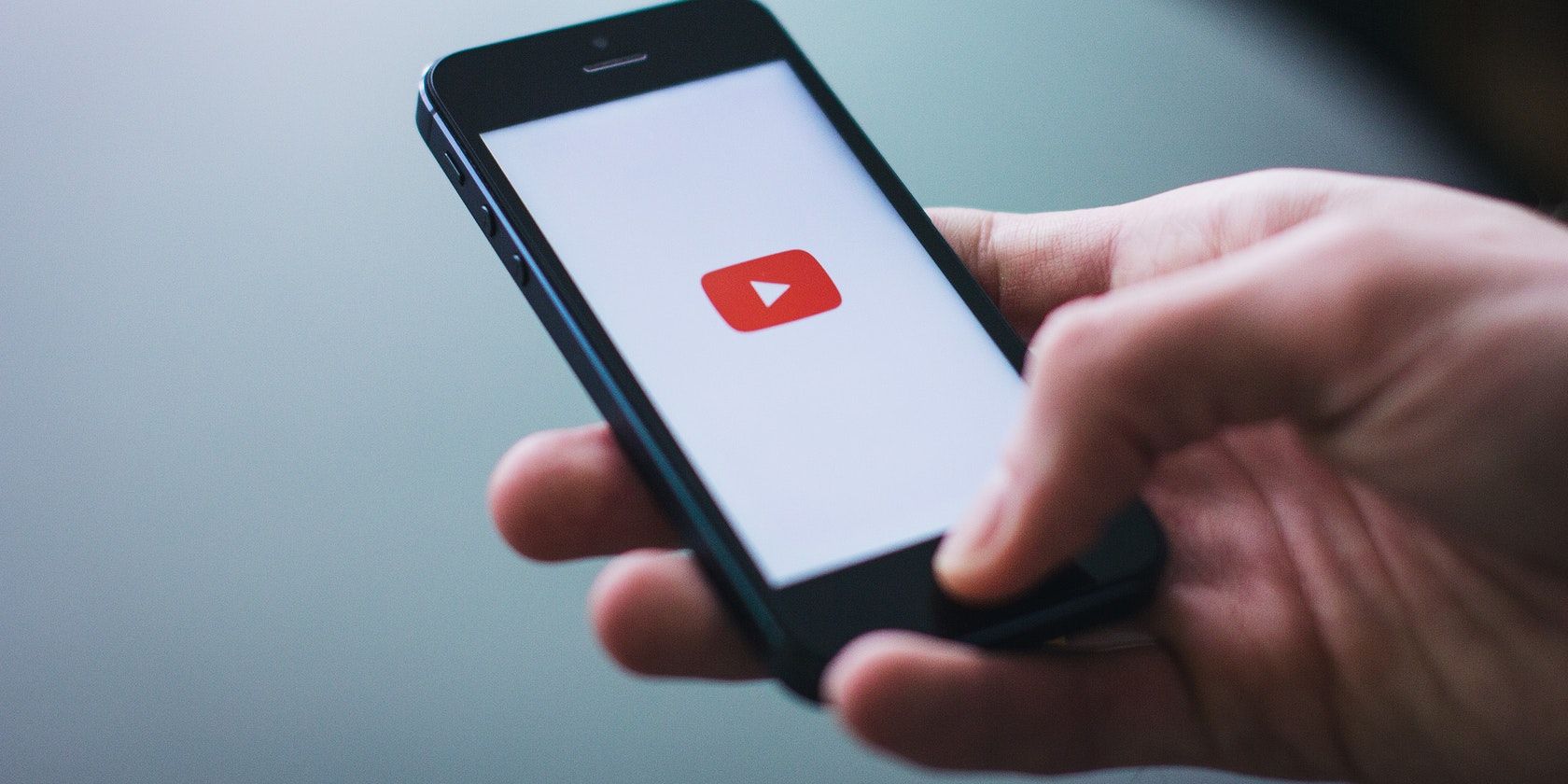YouTube has announced that it's going to start taxing non-US creators by up to 30 percent. The tax will only be levied on the earnings these creators generate from US viewers. The policy is set to roll out as early as June 2021.
Why Did YouTube Do This?
Simply put, YouTube has a legal obligation to do so.
A YouTube support page states:
Google has a responsibility under Chapter 3 of the U.S. Internal Revenue Code to collect tax info, withhold taxes, and report to the Internal Revenue Service (the U.S. tax authority, also knows as the IRS) when a YPP creator on YouTube earns royalty revenue from viewers in the U.S.
What Does This Mean for Creators?
Nothing is going to change for creators based in the USA. Creators outside the USA, however, have been asked to submit their tax details in Google AdSense. According to YouTube, this has been done "to determine the correct amount of taxes to deduct."
All creators have been informed about the new changes. As such, users are required to input their tax info, by May 31 at the latest. Failing which, Google "may be required to deduct up to 24% of your total earnings worldwide."
YouTube released a video to explain the policy in detail:
Also, the new policy doesn't just apply to advertising revenue. YouTube has stated that these tax deductions will apply to earnings from YouTube Premium, Super Chat, Super Stickers, and Channel Memberships as well.
After a creator has provided their tax information, the tax withholding will be from 0-30% of the revenue earned from US viewers. The exact rate will depend on the creators' country and whether it has a tax treaty with the USA.
What Has Been the Reaction?
Creators around the world have expressed their disappointment at the new policy. There have been questions regarding the sudden announcement as well as the disregard for smaller creators.
This prompted many small creators to take to Twitter to express their dissent. Under this policy, some creators may also face being taxed twice on earnings.
Smaller YouTubers Will Suffer the Most
YouTube's relationship with smaller creators was already strained due to its decision to run ads on videos by creators who are yet not a part of the YPP. The new policy is going to further the divide between YouTube and its smaller creators.
There are hordes of people who solely rely on YouTube for a living. Due to this, extra taxation will make a noticeable impact on their day-to-day life.
Furthermore, if they fail to submit their tax info by May 31, the 24 percent tax is going to burn a major hole in their pocket.

